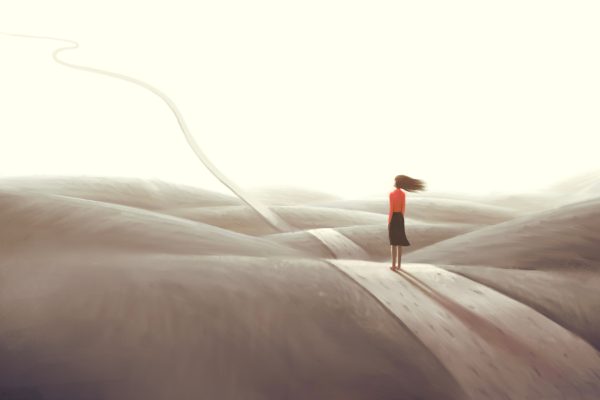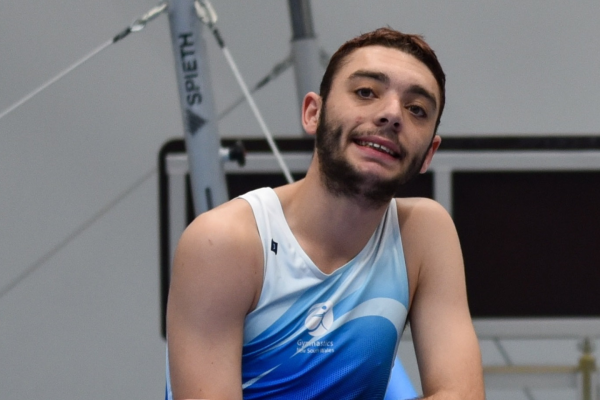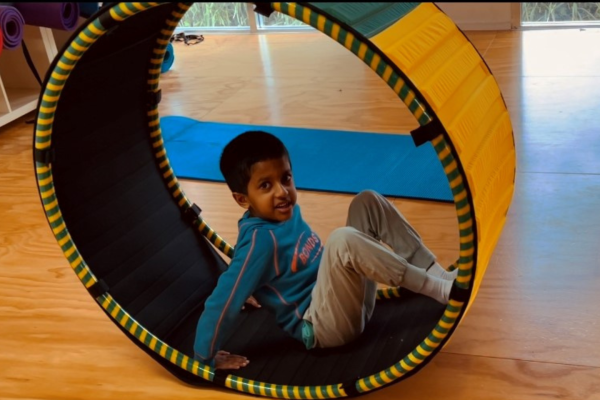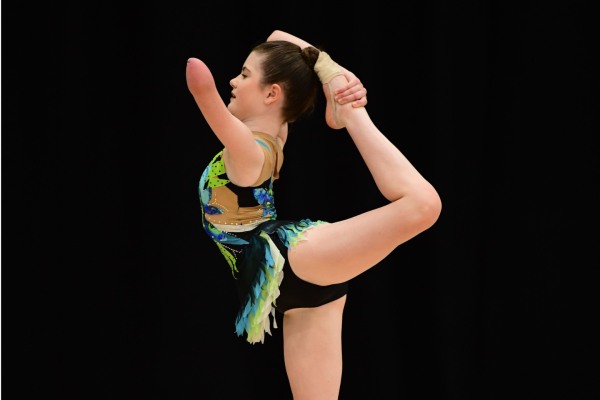
Living with childhood dementia: this is Noah’s story
By Rachel Williams
Being robbed of a life full of joy and laughter is a devastating reality for Noah Lindsay and his parents Jane and Geoff.
The once active little boy who loved the beach and riding horses is slowly being taken by Niemann-Pick type C (NPC), a fatal degenerative genetic disorder. The symptoms Noah has from NPC fall under the umbrella of more than 70 diseases that are called childhood dementia.
It’s a tragic story for the Melbourne family who have been forced to watch their precious son quickly deteriorate – a situation made even worse by being locked down by the city’s COVID restrictions throughout 2020 and 2021.
Noah was born in Bali and at just 11 hours old was fostered by Jane and Geoff, who were living and working on the island.
They weren’t to know he had inherited the rare genetic disorder as a result of both his Balinese biological parents carrying the genetic fault.
“Noah absolutely loved performing, he just loved dancing, singing and was front and centre at kinder and school concerts,” Jane reflects.
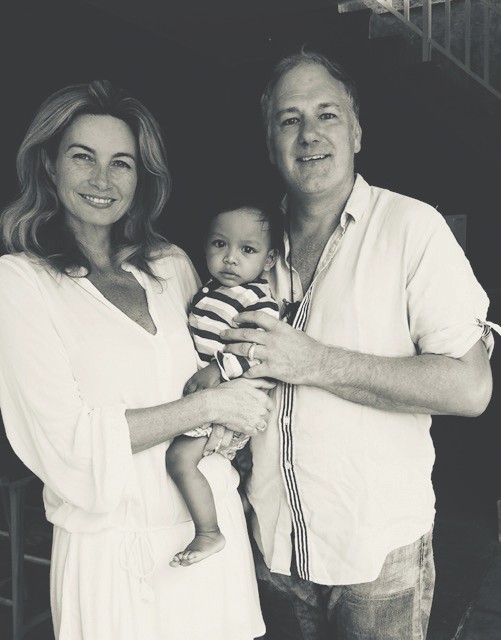
“Noah was always smiling and never cried – not ever. Nor did he ever throw a tantrum. We used to say he is calm and ‘almost Zen’ because he is Balinese.
“In hindsight these characteristics may have been a symptom. There were other things too, like an ever so slightly slurred speech that sounded almost like an American accent and the occasional facial tick when he was tired.”
Noah had started having noticeable problems jumping and keeping up with his peers before he turned four but any concerns held by Jane were dismissed as being over protective as a first time mum or living in a bilingual home.
In a cruel twist, it would be the joy that Noah experienced in life that would affect him the most.
“He loved horse riding but when he got on the horse it made him so happy, he passed out,” Jane remembers.
“We later found out he had cataplexy and narcolepsy brought on by joy and happiness.”
The couple were challenged by Indonesia’s health system and were unable to return with Noah for treatment in
Australia because Noah was not allowed a passport for travel until his adoption process was complete – a journey that took almost five years.
“Noah and I finally arrived in Australia in 2019 and after five months of tests he was diagnosed with NPC. At this time Noah was very unsteady on his feet and could no longer run without falling over,” Jane says.
“He ‘lost words’ and began answering questions with either single words or gestures. He coughed and choked when eating. Up to six hours a day was spent slowly feeding, one small mouthful at a time. Around this time was the first time we heard the words ‘childhood dementia’.
“The day we were given the diagnosis was a most devastating and heart breaking experience. It was a complete shock and very difficult to understand that our son was never going to grow up or grow old.
“I can’t put into words the pain.”
Noah was given only a few short years to live. He now requires 24 hour care. He can no longer walk, talk or even sit up. He is fed via a stomach tube and suffers regular seizures.
“Children are supposed to learn and grow. Much like adult dementia, Noah used to be able to read and speak,” Jane says.
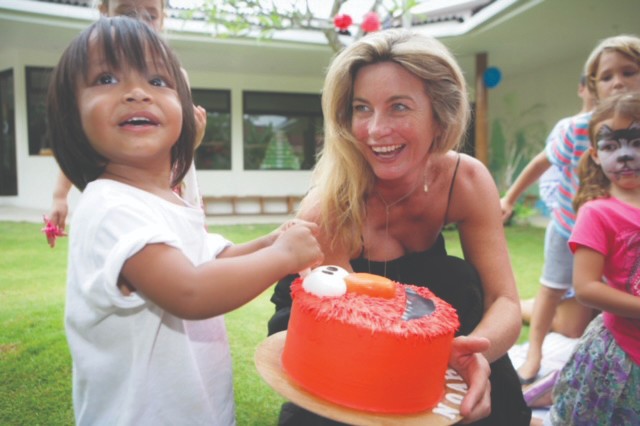

“His favourite book was ‘The Treasure of Pirate Frank’. He could read the words out loud and knew most off by heart as it was a nightly ritual. As he began to decline, he could only say the first or last word of each sentence. Now, when I read the book to him I look for a glimmer of recognition. Sometimes there’s a nod or a smile if I’m lucky.
“It is so difficult but we keep reading and I live in hope he might one day murmur a word.
“He no longer recognises people and places but is most happy when he is doing the things he used to love as a 2-3 year old. He loves music, especially anything Zumba.
“He can’t express to anyone how he feels anymore. We try make each day special with an activity he enjoys. It might be a trip to the beach or a play in the local park. Noah still loves trains and boats, and most of all warm water and the beach.”
Jane says the work of the Childhood Dementia Initiative shows great promise in bringing awareness to diseases that feature dementia and the family is also supported by the NPC Disease Foundation and Very Special Kids organisation.
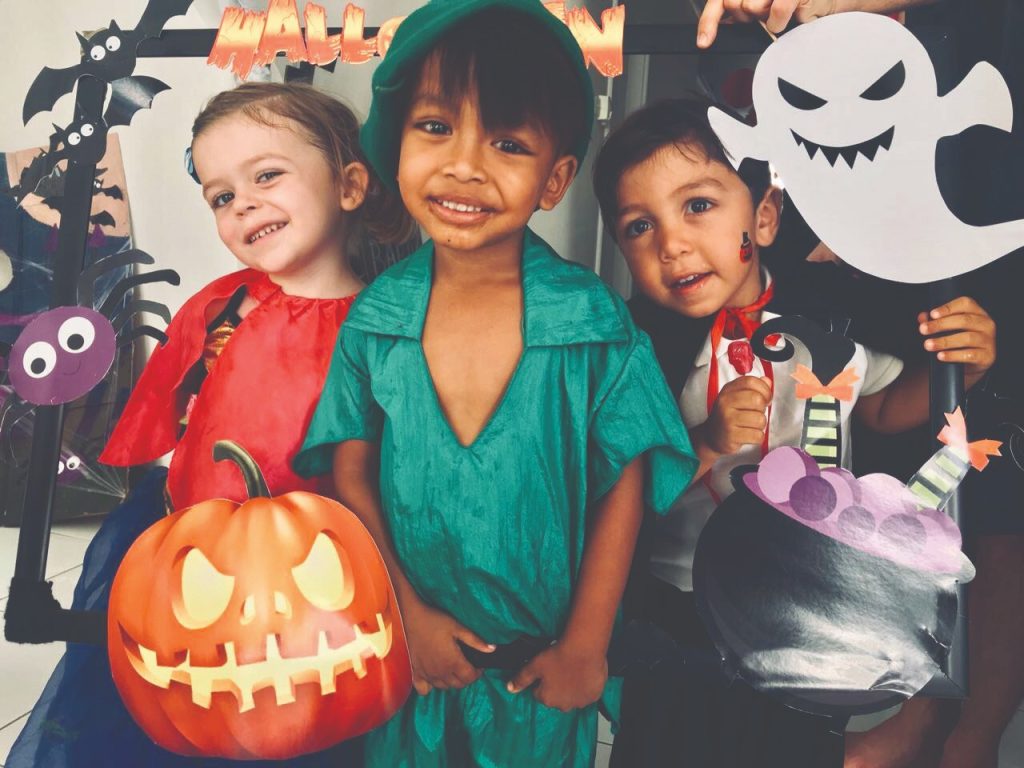

While Noah is starting a medical trial at the Royal Children’s Hospital in the hope it might help him with his symptoms or aid longevity, they know it won’t save him.
“Some days are easier than others. Sometimes Noah is so ill I am worried he won’t make another day, and sometimes I see a smile from him and it fills my heart and gives me enough to keep pushing forward,” Jane admits.
She says it’s devastating that her greatest wish for her son will never come true.
“I wish for a cure. I wish for Noah to live longer. I wish he never had this disease. I wish for him to have the best life possible.”



